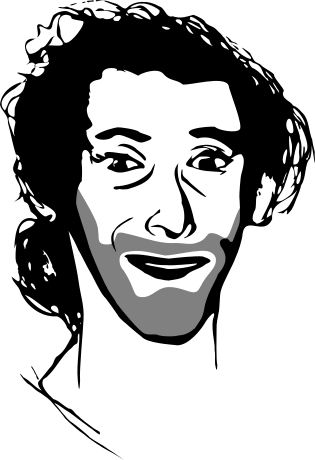My contributions to the scientific computing software ecosystem are motivated by my vision on computational science.
Scientific research relies more and more on computing. However, most of the researchers are not software engineers, and as computing is becoming ubiquitous, the limiting factor becomes more and more the human factor [G. Wilson, 2006] [P. Norvig, 2009].
Note
To address the needs of computing accross scientific fields, I believe that we need a general-purpose, high-level, interactive, and highly-readable language and set of tools for scientific computing.
- C does not answer my needs: does a molecular biologist know about pointers? Should she?
- Matlab does not answer my needs either: scientific work with computers is not only about numerical computation. Have you tried writing an experiment-control software with Matlab? How about file management? Inserting the algorithms in a web server.
We need better teaching material, that sit at interfaces between software engineer, and general science. Most top notch tools and libraries are full of domain-specific jargon and conventions.
For reproducible science, we need the code to be readable and to reflect the corresponding scientific operation. We need it to be unit-tested to ensure its correctness.
Note
We need to consider scientific libraries as end-result of our research with the same importance than articles [J. Buckheit and D. Donoho. 1995]. They need to convey a scientific message, to be understandable and refutable. New results should be reproducible via published code [CISE Jan. 2009]. As for established algorithms, scientific libraries with their documentation and examples should be the textbooks of tomorrow.
- Scientific software should be as reusable as possible, to enable the advancement of Science via software, year after year. This means that we need to build general-purpose libraries.
- Code quality and documentation are crucial, as human factors are often the limitation. As a corollary, scientific code should be unit-tested to ensure correctness.
- Core scientific software should be open source, as scientific work cannot build on black boxes
- Algorithms should be written as simply as possible. A high level of sophistication in software engineering should not be a requirement to all scientists
- Prefer high-level languages. The code should be written at the right level of abstraction.
- We need to build common and shared tools. Scientific software shouldn’t be ‘owned’ by a lab.
- The source code should a deliverable of the research. As a result, it should read clearly and be understandable to all.
- Documentation and examples are the textbooks of tomorrow.
- Publications should be reproducible. Ideally they should become an example of the library. This should be mitigated by the fact that code maintainance is costly, and achieving good code takes more work that publishing. Focus should be on publications that will give rise to reference results.
- Academia need to value sotware maintainance. It is hard and costly, but it determines our future.
- Tools that develop the environment, rather than a specific algorithm or scientific field are crucial (one example is IPython).
Further reading:
Go Top
- Open source Machine Learning software [S. Sonnenburg et al. 2007]
- Open source mathematical sofware [D. Joyner and W. Stein 2007]
- Licensing, intellectual property in scientific work [A. Gonzalez 2006]
- Scientific software development best practices [S. Baxter et al. 2006]
